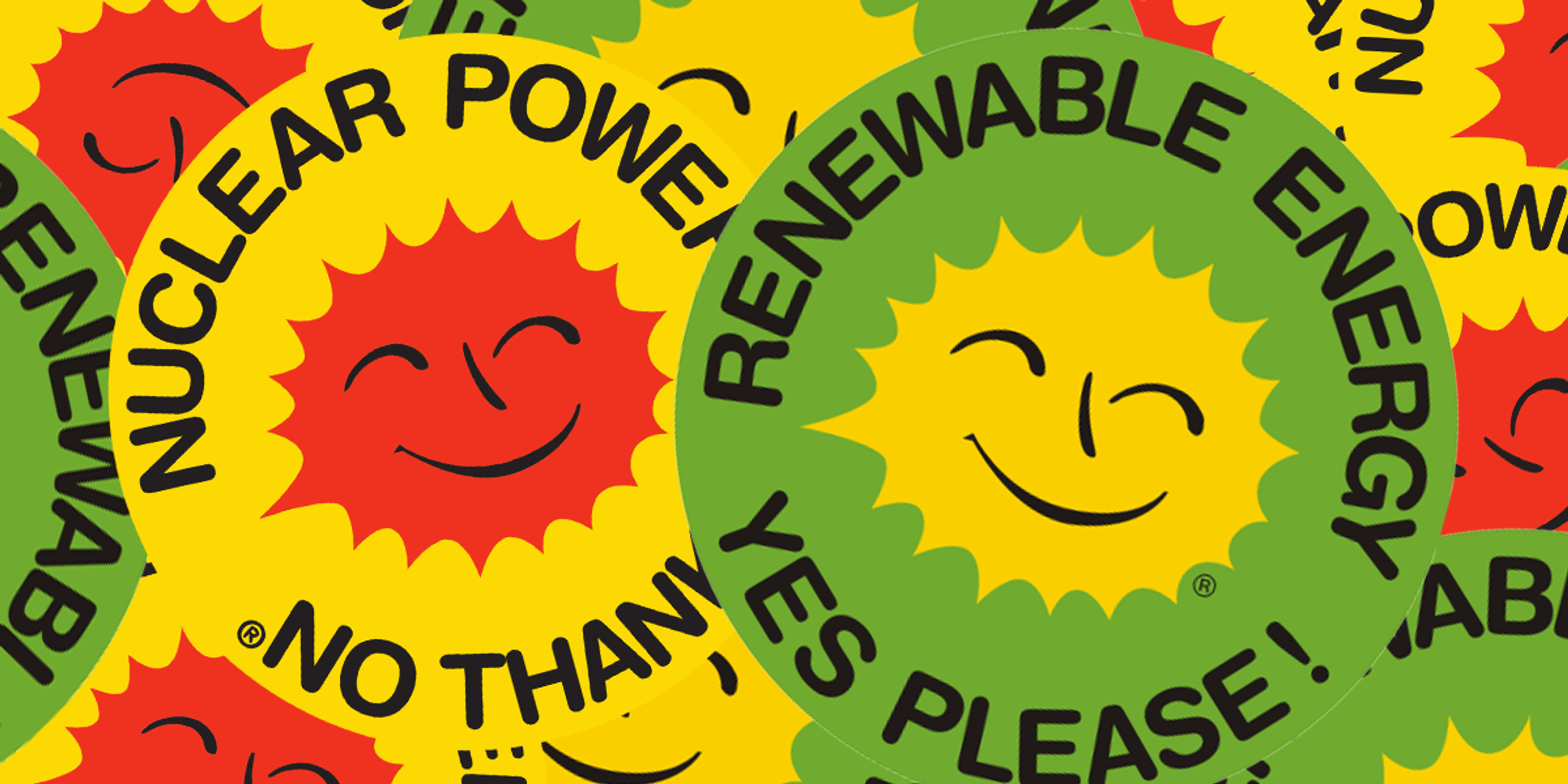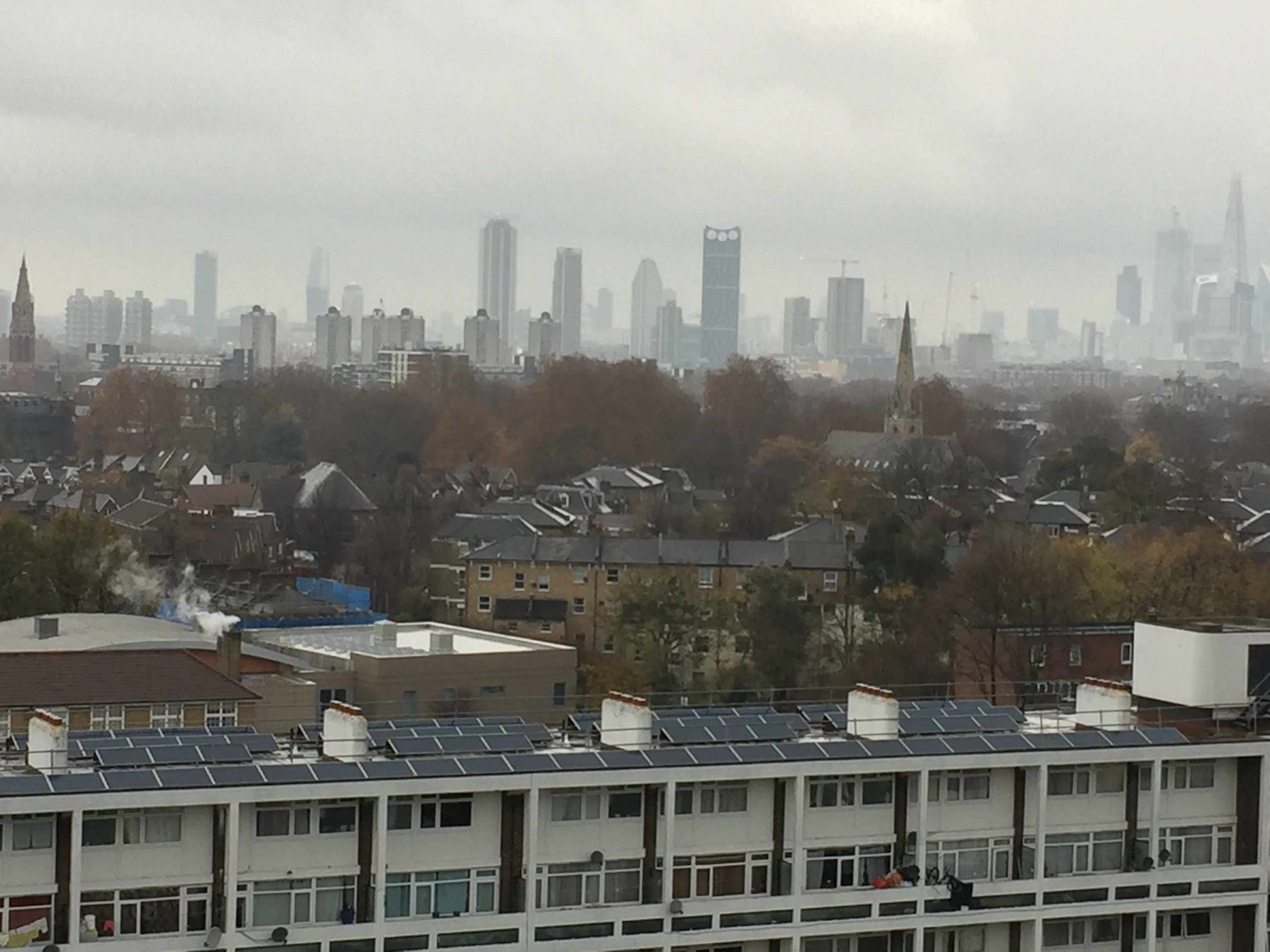Technology
Are you ready to join the energy revolution changing Britain right now?
- 6 min read
Local groups need YOUR support to help transform our world
Local groups need YOUR support to help transform our world
.png?w=1200&q=45)
Climate solution
Local, distributed energy generation isn’t just a neat way of creating low cost and low carbon energy; it empowers communities and brings forward a new kind of economy with citizens in control. At a time when politics feels like it is failing, community energy is a powerful, practical tool for usurping the status quo. Protests on the street are putting climate change centre stage. Getting involved in energy generation is a substantive action we can all take. There are so many ways to get involved - check out Repowering London for inspiration.
Community energy is one of those terms which may have us thinking of (usually) older, affluent white people - gathered around a wind turbine somewhere in the countryside. The urban equivalent tends to involve solar panels, but is still pretty middle class. There is also much confusion around renewable energy generally; muddied by those with vested interests. In one North London school powered by community-owned solar panels, a teacher actually told pupils that solar ‘doesn’t work’ – presumably oblivious to the solar array above their heads.
Solar panels on social housing by ‘Brixton Energy’
Community drives real change
Eminent writers and scholars such as Naomi Klein, Noam Chomsky and George Monbiot have all praised the power of community action to aid the transition away from a consumption-based fossil fuel powered, patriarchal world tethered to an economic system that for every dollar created ‘legitimately’ by banks, creates one dollar of debt. Although community energy has the potential to make significant carbon savings by providing free renewable energy to schools, hospitals, churches, mosques, council buildings, train stations and bus stops – its greatest power could be said to lie in its capacity to change hearts and minds and shift political power back to the people.
In practice community energy projects can help engage a wide range of people in thinking about their energy habits and can help translate what seems like complicated technical concepts into something that people can easily understand. For example, for an old woman who has been with British Gas all her life and believes the Daily Mail and the government when they tell us that renewable energy is sadly ‘just not there yet’ – finding that her church is powered by solar may be just the thing to help her ‘see the light’.

_ North Kensington Community Energy__ solar phone charger workshop_
Massive government failure
In 2007 a study found there were around 500 community energy projects across the UK and the sector was described by scholars as ‘flourishing’ in 2013. However, fiscal, regulatory and policy changes since the General Elections in 2015 have challenged the sector significantly; Community Energy England – the ‘voice of the sector’ describe 2018 as “the toughest year yet for community energy, with new generation capacity falling steeply in comparison to previous years”. When we consider the context of governments financially backed by fossil fuel companies - eager to squeeze the last remaining profit from that liquid carbon – the picture clarifies, sickening and shocking in equal measure.
It was the UK that adopted the world’s first long-term, legally- binding targets for carbon under the 2008 Climate Change Act and according to academics, Brits have accumulated “probably the most comprehensive” technical knowledge of energy efficiency in the world. The country’s goal is to reduce GHG emissions 57% by 2030, yet just this year the government cut the primary subsidy for community energy – the feed in tariffs. A report from the European Commission earlier this year found that Britain gave the most subsidies to fossil fuels than any country in the EU - £10.5bn per year compared with the £6.7bn support given to renewables. This pales even further when compared to Germany who give the equivalent to £21bn a year to renewables – three times what it gives to fossil fuels. What is going on?
In 2016 London was ranked as the worst city in the UK for its use of renewable energy – thrashed by cities in the North, notably Grimsby who led the way with nearly 30% of electricity generated by renewables. Compared to other cities, access to spaces is extremely competitive and despite a population of nearly nine million people, there is rather low ‘civic engagement’, i.e. people are usually too busy struggling to pay their rent to get involved with a project to help their local school have clean free energy.
Look on the brightside
This brings us back to demographics. In a world where the ‘vernacular of energy’ sounds extremely complex to newcomers - (I’d argue this is deliberate, like legalese keeping the ‘common man’ bemused) – it is often this first barrier that will keep people from learning more about the sector, believing it is just too innately complex. If you’re struggling to keep a roof over your head, many people are unlikely to dive into a community energy project, assuming that they probably do not know enough. This is a real shame when most community energy projects are still struggling – could use just a friendly volunteer to help with their outreach work, their social media or general admin.
This is where groups like Repowering are so important – their many excellent community energy projects are designed to include local people in the day to day running of energy projects. This extends to giving talks in schools and offering internships where kids can actually learn to install solar panels themselves. Or going down to the local youth club and teaching kids how to build their own solar powered phone charger!
Community energy is actually very diverse – and in urban centres such as London the cuts to the feed in tariffs have galvanised the sector further, making them more self-reliant and less dependent on fickle and corrupt governments. Despite the UK government’s legal obligations to pull an emergency stop on fossil fuels use, it is down to the people to make it happen. Community energy projects come in all shapes and sizes: From advising vulnerable people who live in fuel poverty, or running an anaerobic digestor to use up your food waste and give you heat and gas on which to cook, to overseeing efficiency and draught-proofing measures in your office, or running local events to highlight the power of solar via fairy lights, phone chargers and sound systems! We make our own future – and we can do this. To quote Stormzy, fuck the government and fuck Boris (insert fist bump emoji here).
To find your local group - or if you’d like to start your own, visit Community Energy England or Community Energy London




